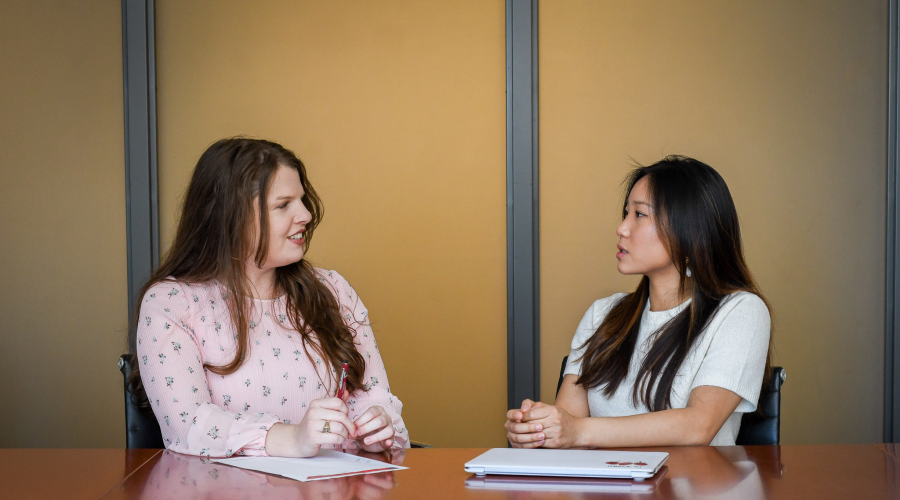
Malcomb Leads ILR WIDE Undergraduate Research Program
“Mentoring brings me a lot of joy,” says Claire Malcomb, a fifth-year doctoral student who leads undergraduate student DEI research conducted as part of ILR’s Workplace Inclusion and Diversity Education Program.
Her role in WIDE’s undergraduate research program began following her development of the curriculum for “Foundations of Diversity Dynamics,” a required ILR School course designed to introduce students to the core concepts related to diversity and inclusion.
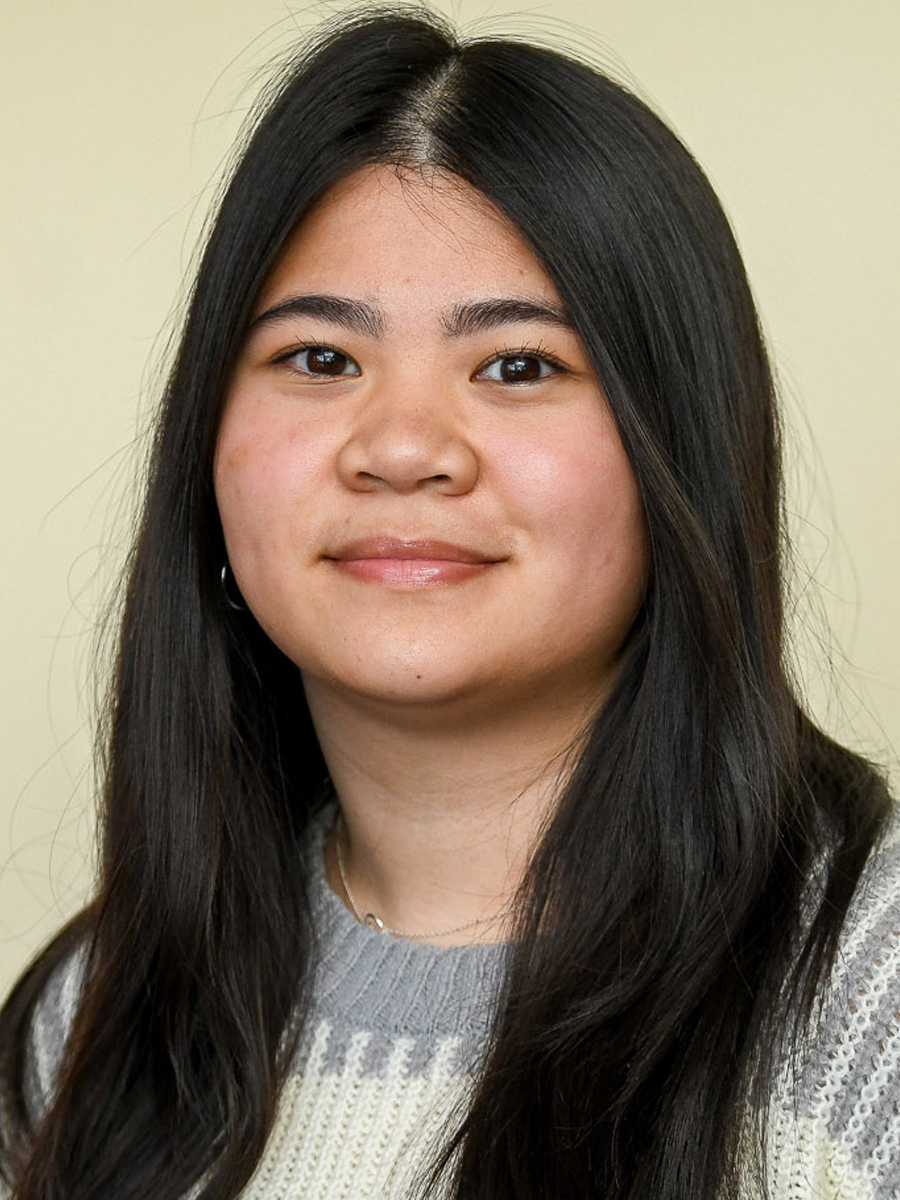
She was the first person to teach the class, which started in 2022. Malcomb said students’ interest in DEI research inspired her to start WIDE’s research assistant program.
Malcomb created WIDE’s undergraduate research program with Senior Associate Dean of Academic Affairs, Diversity, & Faculty Development Kate Griffith and WIDE Assistant Director of Programs and Pedagogical Innovation Stephen Kim, Ph.D. ’20. The program's goal is to create a sustainable model offering more opportunities for students to research workplace diversity in collaboration with ILR’s Academic Year Research Fellows Program. The three hope to expand the collaboration in the coming years.
The program complements DEI research conducted by ILR faculty and graduate students. “Oftentimes, when we talk about DEI programs, it feels very superficial and performative, but all of the work WIDE is doing is actually creating a real impact,” Malcomb said.
WIDE was established in 2022 to develop and deliver innovative teaching methods, conduct research and develop partnerships with leading organizations. It was established through a gift from Tim Wentworth ’82 and his wife, Robin Wentworth.
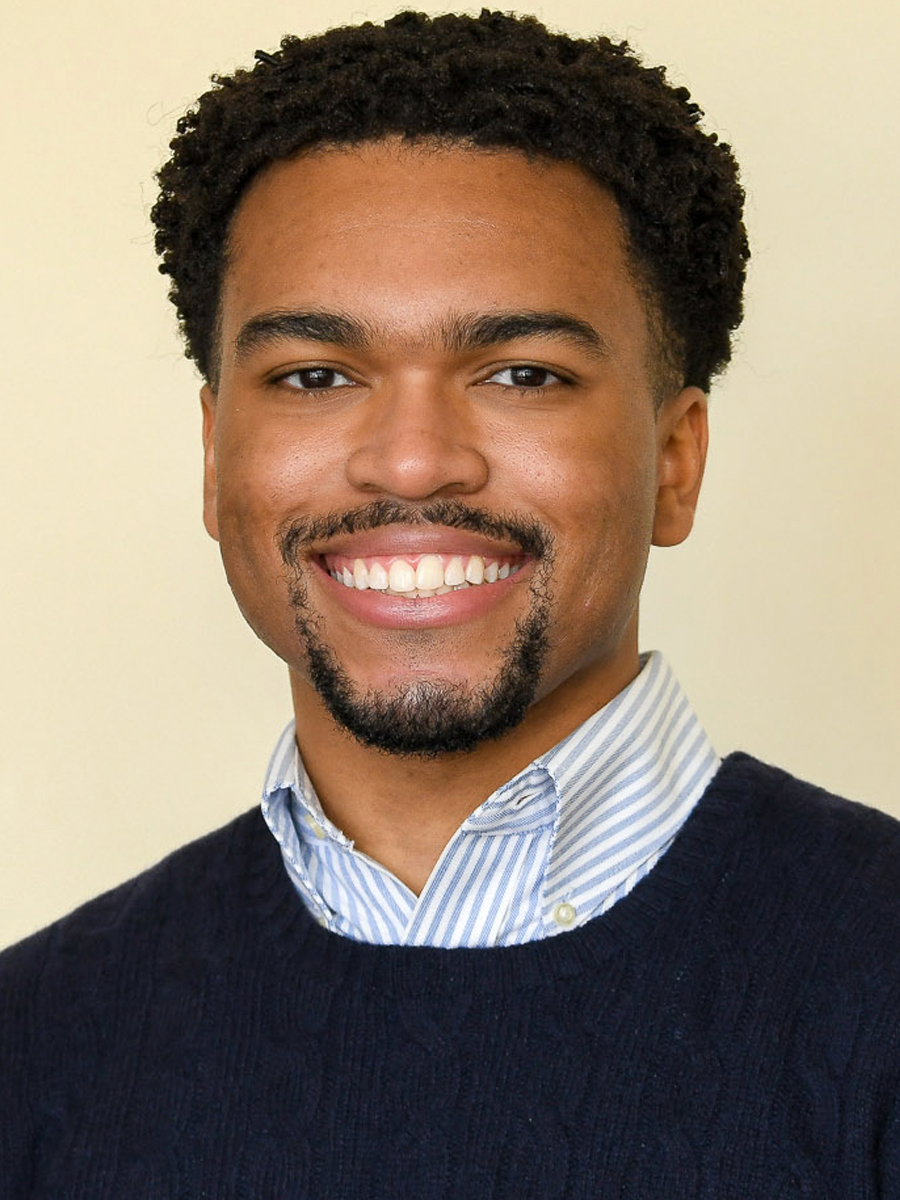
Malcomb, a Ph.D. candidate in ILR’s Department of Organizational Behavior, first became involved in research as an undergraduate research assistant while studying psychology and cognitive sciences. In addition to her work as an undergraduate research assistant, her own experiences of sexism in the workplace during summer internships served as a reminder of the importance of the research she was doing, and it solidified her passion for DEI in the workplace. Malcomb said her research experience in college was so impactful that she knew she needed to replicate it for her students at Cornell.
Currently, four undergraduate research assistants are working on DEI research projects. The students have worked on various parts of the research process and are engaged with many of Malcomb’s ongoing research projects. Some examples are included below.
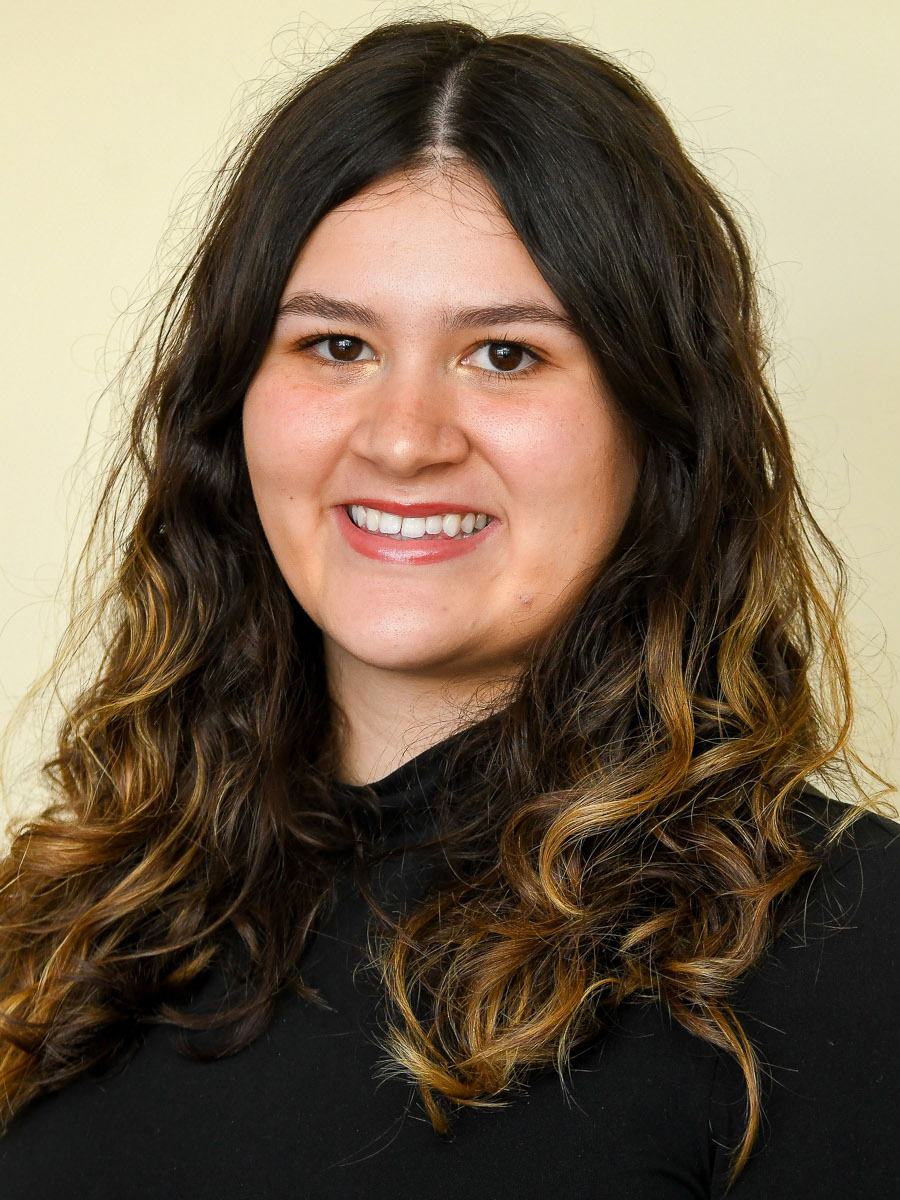
Kirsten Law ’25 is doing an independent study. Together, Law and Malcomb examine how shifts in the flexibility of workplace accommodations for invisible disabilities change perceptions of fairness and inclusion within organizations. As part of this project, Law has worked on a literature review of HR accommodation policies and workplace inclusion, and has helped develop study materials to collect data about people's perceptions of accommodations in their workplaces.
Tyler Bonaparte ’25 conducted a literature review on how perspective-taking increases the likelihood that people will confront prejudice and helped develop potential workplace interventions to increase ally behaviors.
To help better understand what motivates people to engage in allyship, Caroline Apodaca ’25 and Sharon Lee ’25 worked together to code open-ended responses from people who were asked to explain why they chose to speak up or remain silent when they witnessed an act of discrimination occur.
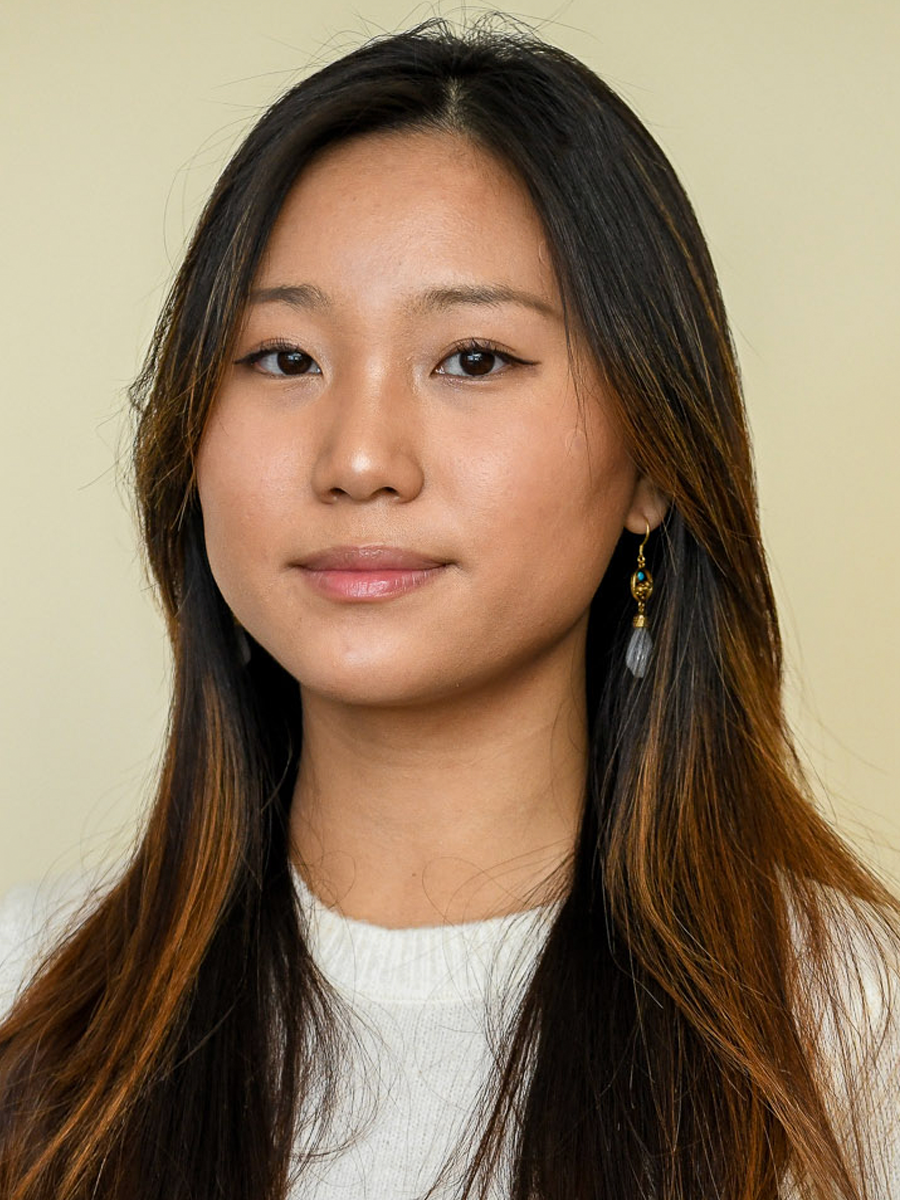
Apodaca said, “Claire’s ability to connect with research assistants has made the opportunity even more fulfilling. Even though this was my first research experience, I always feel supported by Claire and her vast knowledge of diversity in the workplace.”
In her research, Malcomb studies the organizational and psychological barriers to effective allyship. Throughout her work, she aims to better understand three areas: how organizations implement effective ally and inclusion policies, misperceptions of effective allyship between allies and targets of allyship, and what keeps potential allies from engaging in effective ally behaviors.
Malcomb said she is grateful to be a mentor and that research assistants’ fresh and creative perspectives help her grow as a researcher and a mentor. “Considering how important my research mentors and opportunities were in undergrad, being able to provide those same opportunities to others has been very rewarding and important in creating equity within higher education.”